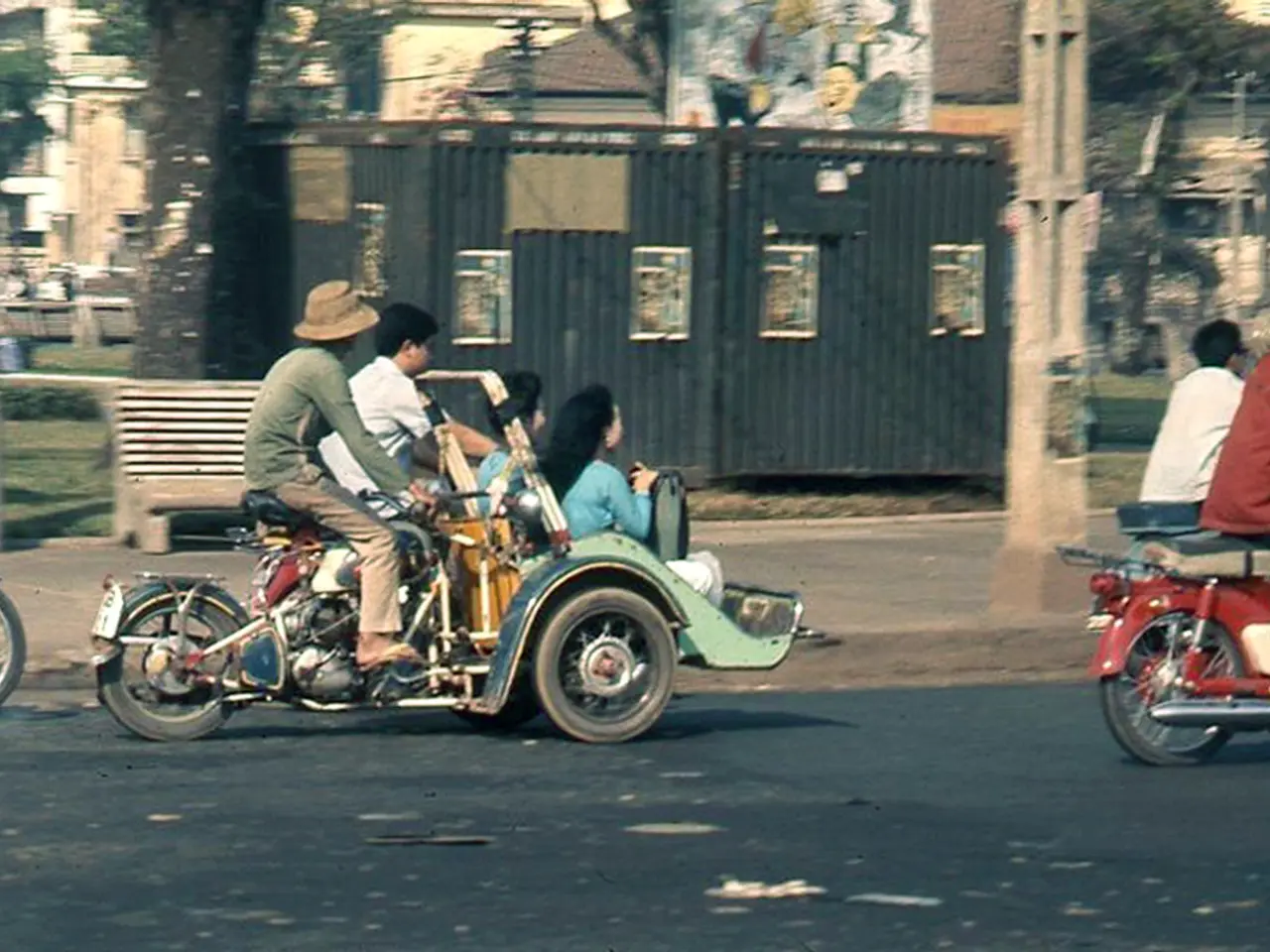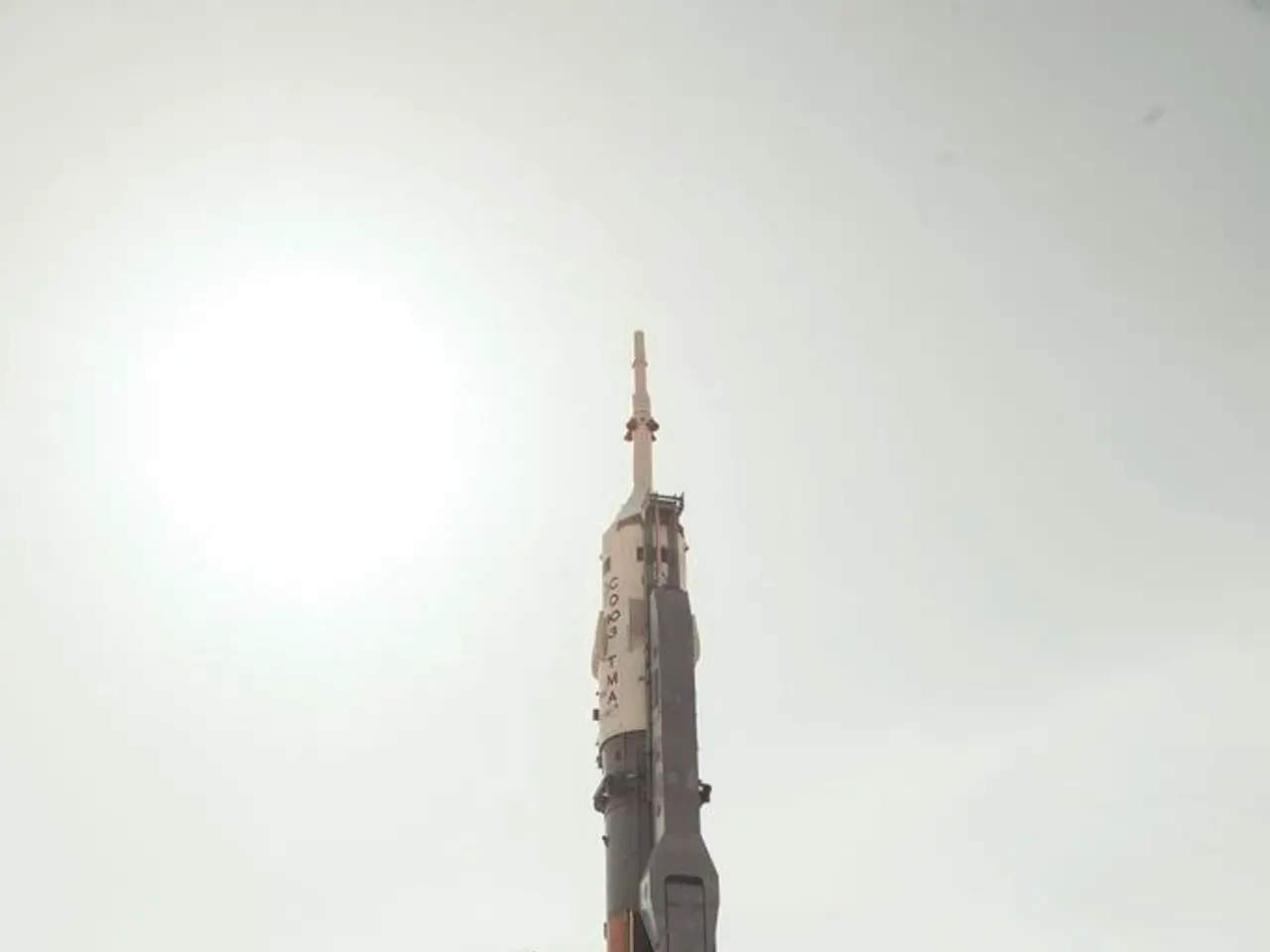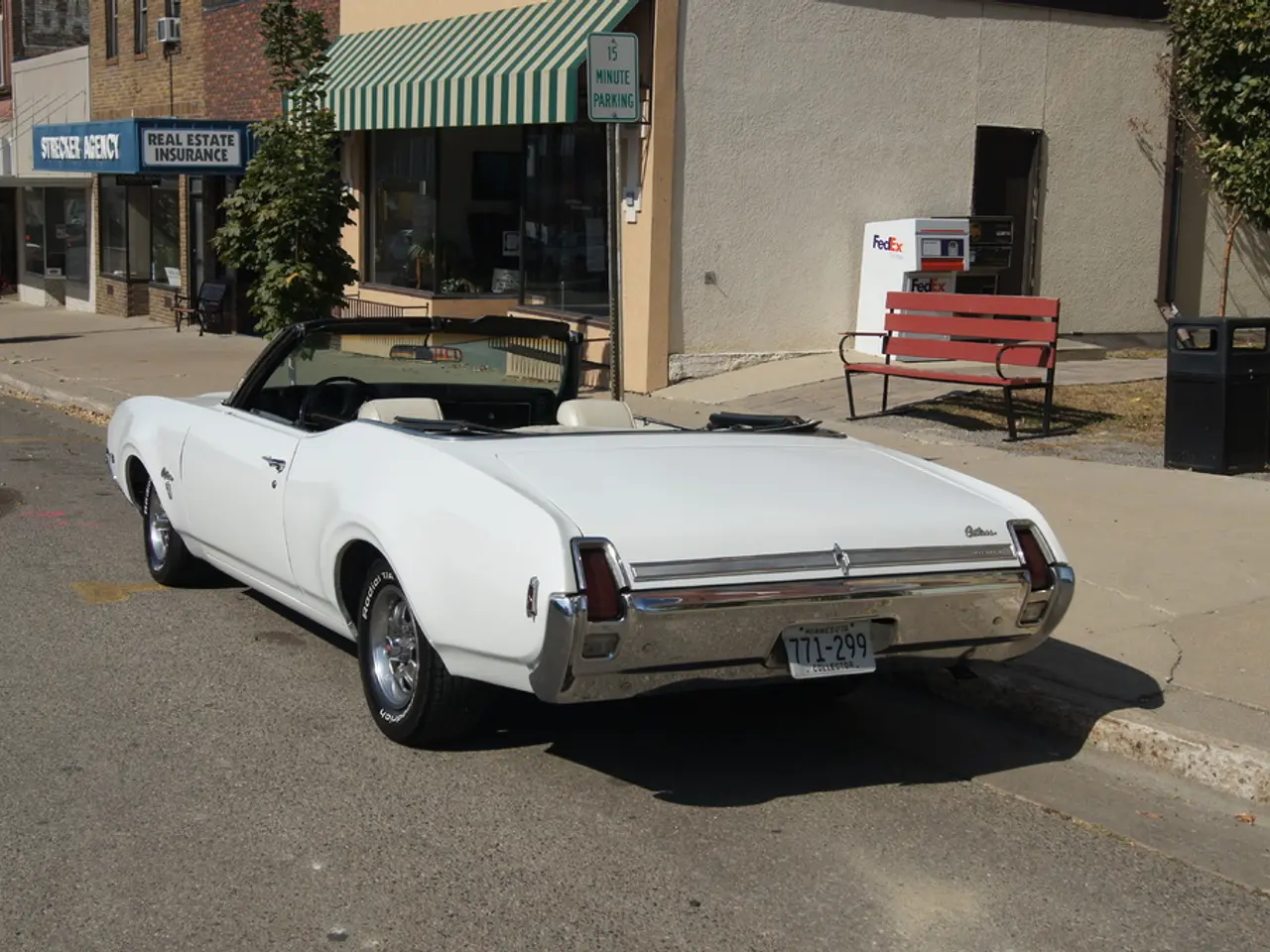HySE's hydrogen-powered buggy finishes fourth in its class at the 2024 Dakar Rally, paving the way for a future centered on clean, renewable energy in motorsports.
The Dakar 2024 rally saw a groundbreaking moment with the participation of a hydrogen-powered vehicle, the HySE-X1, entered by the HySE technical research association. This innovative vehicle represents a significant step towards carbon neutrality and the diversification of alternative energy sources in extreme motorsport environments.
The HySE-X1 embodies a strategy to integrate hydrogen propulsion technology in one of the world's most challenging off-road races, showcasing hydrogen's potential as a sustainable fuel alternative under demanding conditions. The vehicle's participation in the rally highlights several key points:
Technical Viability
The HySE-X1 demonstrated that hydrogen fuel cell or hydrogen combustion technology can endure the harsh rally environment, marked by extreme temperatures and rough terrain. This showcase of technical viability is crucial in validating the use of hydrogen as a viable alternative to traditional fossil fuels in extreme conditions.
Environmental Impact
By participating in the Dakar 2024, HySE supported the shift away from fossil fuels towards carbon-neutral or low-emission propulsion methods in motorsport. This move aligns with the broader industry's efforts to reduce carbon emissions in transportation and serves as a testing ground for future commercial vehicle technologies.
Innovation Leadership
The HySE-X1's participation in the Dakar 2024 marked a milestone in motorsport history. It signifies the move of hydrogen technology from experimental to competitive stages in high-profile international events, paving the way for a more sustainable future in the automotive industry.
The HySE-X1's fourth-place finish in its class at the Dakar 2024 in Saudi Arabia was more than just a competition victory. It served as a practical test bench for sustainable mobility technologies, contributing to wider efforts to reduce carbon emissions in transportation.
The HySE technical research association, comprising six companies—Kawasaki Motors, Suzuki, Honda, Yamaha Motor, Kawasaki Heavy Industries, and Toyota—was officially founded in May 2023 with the goal of establishing the basic technology for hydrogen-powered motorcycles and small mobilities. The association's decision to join the Dakar Rally in 2024 was made to reveal issues with the hydrogen-powered engine, accelerate fundamental research, and train personnel.
The HySE-X1 project received support from the New Energy and Industrial Technology Development Organization (NEDO) due to its potential to increase public awareness of hydrogen as an energy source. The response in Dakar was greater than anticipated, and HySE is already receiving offers and inquiries from other teams.
Chairman Kenji Komatsu of Yamaha Motor believes that by crossing corporate walls and concentrating Japanese technologies, they can carry the internal combustion engine into the future using hydrogen as a fuel. Director Masashi Furuya sees the importance of HySE progressing in fundamental research and connecting it to the future potential of internal combustion.
Director Tsuyoshi Tanaka of Suzuki believes that hydrogen-powered engines are one essential solution for the multi-pathway approach to creating a carbon-neutral society. Vice Chairman Yoshimoto Matsuda believes that setting an unreasonable goal can help guide research and development and make it more agile. Director Masashi Furuya of Honda believes in the importance of a multi-pathway approach to offer diverse possibilities for customers worldwide.
Completing the Dakar Rally produced more data than expected, making the team more confident in the hydrogen-powered engine's competence in tough races. Chairman Kenji Komatsu's goal for HySE's participation in the Dakar Rally was to showcase hydrogen-powered engines, increase global understanding, and build partnerships.
In summary, the hydrogen-powered vehicle from HySE at Dakar 2024 is significant because it pioneers the use of hydrogen propulsion in extreme rally conditions, underlining hydrogen's potential as a clean energy solution and advancing global automotive strategies for carbon neutrality and diversified energy sources.
The HySE-X1's successful demonstration of hydrogen-powered technology in the extreme conditions of the Dakar 2024 rally highlights the potential for the integration of such technology in other fields beyond motorsport.
The collaboration of various Japanese companies within the HySE technical research association to develop hydrogen-powered engines showcases the combined efforts of the science and technology sector in driving sustainable solutions for sports and other industries.



